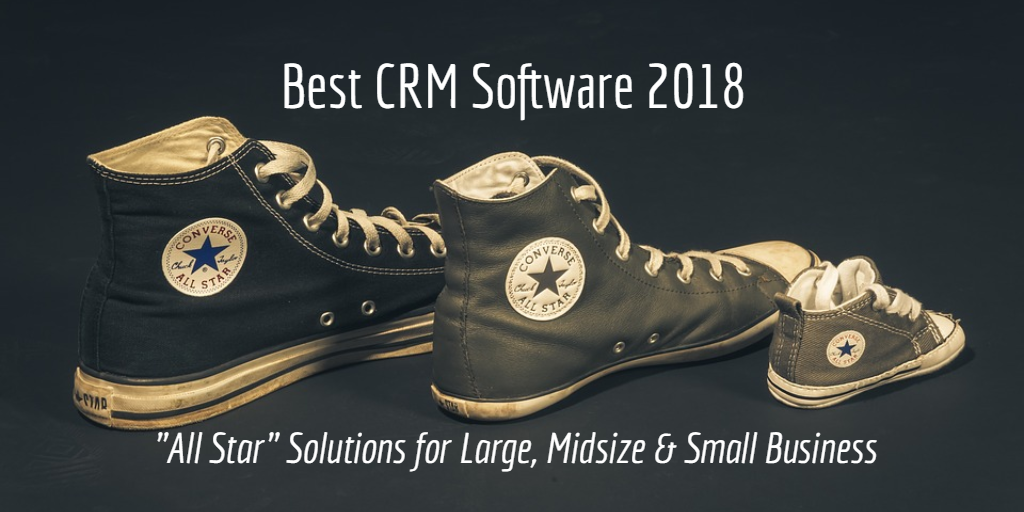
By Dave Kahle
“Good sales people are problem solvers.” Or, so the illusion goes. That belief ranks high on my all time list of the beliefs that most limit a sales person’s performance. This one is especially insidious because it is so commonly held, without reservation, by such a large percentage of sales managers and sales people. And it sounds so reasonable.
The world is full of sales managers who gravely proclaim that good sales people are good problem solvers. Sales people who use that belief to give direction to their jobs are to be found in every sales force.
The problem with this self-limiting belief, as in many such ideas, is that there is a grain of truth in it. Yes, good sales people are good problem solvers. However, they are so much more than just problem solvers. And, when a sales person or manager focuses on just that small piece of a sales person’s job, it eclipses all the other more pertinent ideas and limits the sales person’s effectiveness.
It’s just human nature to live up to the visions we carry about ourselves. We allow our beliefs to dictate our actions. And when our beliefs are out of touch with reality, our actions are not nearly as effective as they could be. We see what we look for and we don’t see nearly as much of what we don’t look for.
Sales people, then, who see themselves as “good problem solvers” naturally look around for problems to solve. In so doing, they miss huge opportunities to assist their customers in ways other than problem solving. In fact, many of the best sales people don’t look for problems to solve, they create discontent in their customers by showing them better ways to do things.
Here’s a real-life example of a “problem-solving” sales person.
I was asked by one of my clients to work with his sales force. The sales people were having trouble closing the sale. Here’s what happened in one sales call I made with one of their sales people.
We were selling HVAC equipment, and the sales person had an appointment with the prospect. We met the prospect, and he explained that the building had been added onto several years before, but that nothing had been done to expand the capacity of the air conditioning unit. The company now wanted to do something about that.
The sales person asked to see the area in question. He measured the square footage of the room, taking detailed notes on a form attached to his clipboard. Then he asked to see the existing equipment. We went up into the attic where it was located, and the sales person studied the existing unit, estimating the distance from the equipment to the addition.
He ended his information-collecting by saying to the prospect, “I’ll fax you a proposal in a couple days. Will that be OK?” The prospect said yes.
At this point, the sales person, who saw himself as a problem solver, had done an adequate job of understanding the technical specifications of the problem, but hadn’t even begun to probe into some of the other aspects of the sale. So, I intervened and asked the following questions.
“If you like our proposal, what’s the possibility that you’ll buy it within the next few weeks?”
Here’s what he said: “Oh, none at all. I’m just collecting information for budgeting purposes. We won’t actually buy anything until after the new fiscal year in January.”
My sales person didn’t know that because he never asked. Instead, he focused on the problem to solve.
Next I asked about the “situation.” I said, “When we met, you said that the addition had been completed a few years ago, but that nothing had been done to upgrade the air conditioning. Tell me, what’s changed about your situation? Why is this an issue now?”
He said, “Well, we added space to this building several years ago. It’s always been stuffy in the new addition, but we got along OK. At least until last week, when we had a heat wave. The air conditioning had to work so hard that it froze up. So we unplugged it to let the ice thaw. As the ice thawed, it dripped through the acoustical ceiling directly onto the president’s desk. So, that’s why we’ve decided to do something about it now!”
Then I said, “What are you looking for in a proposal?”
He said, “Just a ballpark figure we can use for budgeting purposes.”
I turned to my sales person and asked, “What’s a rough estimate of what it’ll take?”
He responded, “About $3500.”
Then I said, “What can we do to make you look good in this process?”
He said, “I just want to get this off my desk. It’s an extra project I don’t need right now.”
I said, “If we get you a ballpark figure, and a set of literature you can show to the boss today, will that help?”
“That would be great,” he said.
Finally, I asked, “How will a decision be made?”
“Around here, the president makes all of those kinds of decisions. So, I’ll collect the information and give it to him, and he’ll decide what to do from there.”
“Could we see him?” I asked.
The prospect replied, “Would you?”
“We’d be happy to,” I said. At that point, he set an appointment for us to talk to the president.
Let’s analyze this experience.
Notice that the sales person, who thought of himself as a “problem solver,” focused on the details of the technical problem. After all, what else would you expect him to do?
Unfortunately, in so doing, he missed what the customer wanted entirely. He would have vainly spent hours preparing and faxing the quote, and then wondering why he didn’t close the sale. He was well equipped to respond to the technical specifications of the problem, but didn’t have the faintest understanding of what the customer really wanted, and therefore, little chance of closing the sale.
To overcome the limitations and boundaries of this belief, you’ll need to think of yourself differently –you are not just a problem solver, you are a ‘customer-understander.’
When we begin to focus on the customer in a larger and deeper sense than just the immediate problem, we open up the possibility of uncovering larger and more significant opportunities within our customers.
For example, when we take the time to understand the customer at deeper levels, we’ll discover the customer’s business goals and his deeply-held values. We may discover that he wants to grow his business by 20% next year, for example.
Armed with that information, we can couch our proposals in terms that relate to his deeper, business goals. Or, we can create a unique proposal that speaks specifically to that issue.
It’s in that area – bigger proposals for deeper needs – where the serious professional sales people distinguish themselves from the pack.
The best way to change our beliefs, is to experience something which conflicts with them, and causes us to re-think those beliefs. In this issue, the best way to see yourself as larger and more capable than just a problem-solver is to focus on understanding your customers better by asking a set of well-constructed, prepared questions, and listening constructively to the answers.
As you begin to gain success in understanding the customer better, you’ll change your view of yourself, and open up a world of greater opportunities. Great sales people are not just problem solvers. They are customer understanders.
And when we get that belief, we rid ourselves of the bonds wrapped around our performance, and unleash our capabilities for greater return.
About the Author:
Dave Kahle is one of the world’s leading sales authorities. He’s written twelve books, presented in 47 states and eleven countries, and has helped enrich tens of thousands of sales people and transform hundreds of sales organizations. Sign up for his free weekly Ezine. His book, How to Sell Anything to Anyone Anytime, has been recognized by three international entities as “one of the five best English language business books.” Check out his latest book, The Good Book on Business.
source http://www.commence.com/blog/2018/06/25/good-sales-people-are-problem-solvers/







